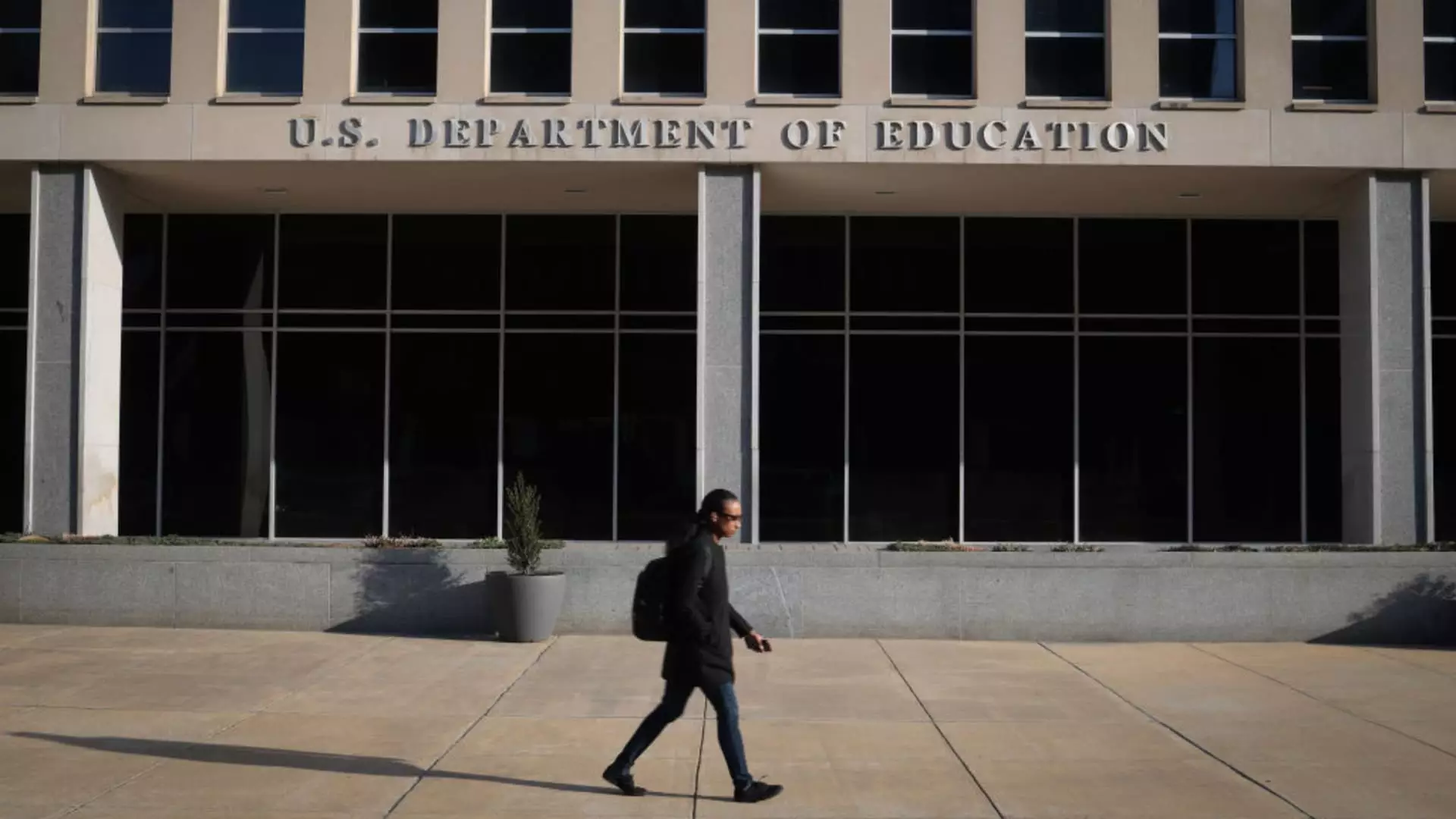The American Federation of Teachers (AFT) has taken a bold stance by launching a lawsuit against the U.S. Department of Education, spotlighting a grim reality for millions bearing the weight of student debt. This legal battle comes in response to actions taken by the Trump administration, notably the suspension of applications for income-driven repayment plans. Such moves illuminate the discrepancies between political decisions and the economic welfare of ordinary citizens, particularly working-class students pursuing a better future through education.
The Historical Context of Income-Driven Repayment Plans
Income-driven repayment (IDR) plans began as a lifeline for federal student loan borrowers in the 1990s, designed to ease the burden of monthly payments linked directly to one’s discretionary income. After two decades, these plans are now a critical aspect of debt relief, helping over 12 million borrowers manage their financial responsibilities. The appeal of IDR plans is not merely in their design but also in their promise: forgiveness after 20 to 25 years, a beacon of hope for debt-laden individuals. The recent rollback on these programs, triggered by a ruling from the 8th Circuit Court of Appeals, nonetheless reveals an utter disregard for the fiscal well-being of students.
Compounding the Crisis: A Lack of Alternatives
The suspension of IDR applications is more than an administrative glitch; it is a deliberate act that exacerbates an already painful situation. This deficiency leaves current borrowers and new applicants stranded in financial limbo, unable to secure lower payments during a time of economic uncertainty. The response from the Education Department, suggesting that adjustments will be made quickly to get IDR services back on track, feels hollow. Can we trust that swift remediation is possible when politicking has overshadowed genuine concern for student welfare?
Student Borrowers: The Collateral Damage
The repercussions of the current administration’s choices hit hardest those who are already vulnerable. Student loan borrowers grapple with the challenges of mounting debts amidst a fluctuating economy, only to watch as public policy swings wildly in favor of political narratives rather than the needs of constituents. Mike Pierce from the Student Borrower Protection Center encapsulates this sentiment when noting that many individuals are in desperate need of support—even as they contend with their growing financial burdens.
Political Theatre Over Practical Solutions
What emerges from this political chess game is a disheartening narrative: the student loan system is being wielded as a tool for political maneuvering rather than a means for empowerment and support. It begs the question: who truly benefits from these decisions? The answer seems clear—certain politicians may find temporary gains, but for the average student trying to navigate the world of student debt, the consequences are devastating. The system, rather than providing refuge, has become a battleground where the stakes are unbearably high.
In a nation that cherishes education as a pathway to opportunity, it’s disheartening to see how easily access to affordable repayment solutions could be stripped away. One must wonder how long we, as a society, can afford to watch this tragedy unfold without demanding accountability and change.

